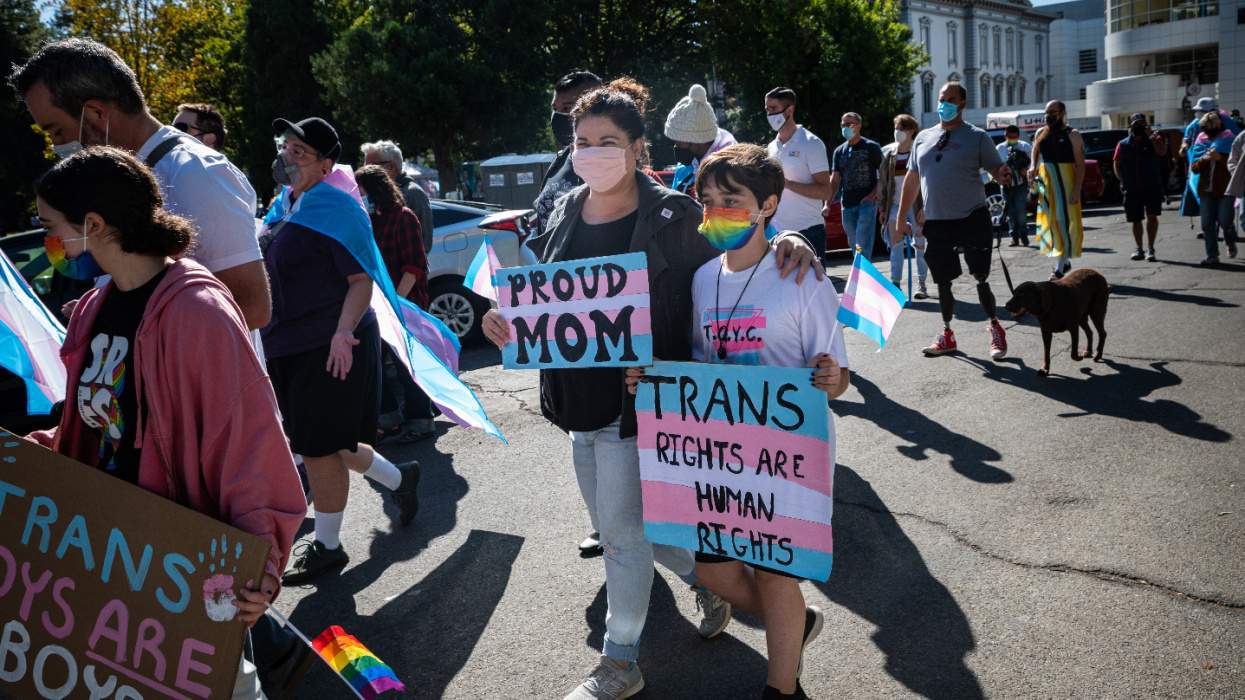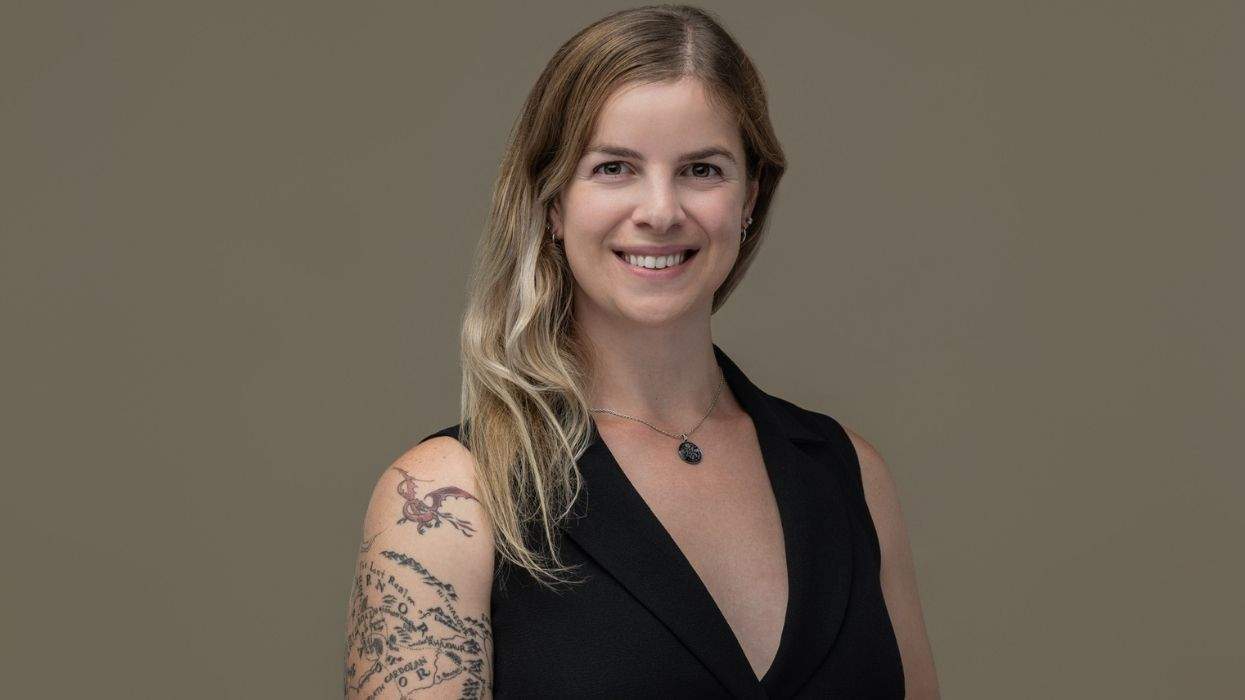The United Kingdom’s National Health Service has decided to restrict the prescription of puberty blockers to young people participating in clinical trials.
The Friday announcement by the NHS formalizes a policy that was released in draft form in October and subjected to public comment since then, The New York Times reports. It will be implemented over the next few months, and NHS plans to start a clinical trial next year.
The NHS, which provides free, publicly funded health care to all U.K. citizens, has been experiencing a shortage of puberty-blocking medication, which is prescribed to young people with gender dysphoria — that is, transgender youth — as well as nontrans young people who have early-onset puberty.
But the NHS also says there is a “limited evidence base” surrounding care for children with gender dysphoria and that there is a need to collect more evidence through formal research. There may be rare exceptions to the clinical trials policy.
Right-wing forces will undoubtedly seize on the announcement as fuel for their argument that puberty blockers are not safe, effective, and reversible. Supporters of legislation to ban or limit gender-affirming care for trans youth have contended that this care is experimental and that recipients of the care are likely to regret having undergone it, although documented case of transition regret are extremely rare. However, it has been documented that gender-affirming care improves young people’s mental health and decreases their risk of suicide.
So far 21 U.S. states have enacted laws banning or limiting this care for trans minors, and more are considering restrictions. For young people, gender-affirming treatment usually includes puberty blockers and hormone therapy. Genital surgery is almost never performed on minors, and only a small proportion undergo top surgery. For trans children who have not entered puberty, care consists of social transition. In the U.S., this treatment is endorsed by every major medical group, including the American Academy of Pediatrics and the American Medical Association.
The British health service’s new policy does take note of updated recommendations of the World Professional Association for Transgender Health. WPATH’s previous standards of care stated that “in most children, gender dysphoria will disappear before or early in puberty.” However, WPATH now says gender dysphoria will be transient for some children, but it does not say if this happens in a majority or minority of youth.
Stonewall, a major U.K. LGBTQ+ rights group, praised this aspect of the new NHS policy but criticized others, including the restriction of puberty blockers to clinical trials. “This cannot be right,” says an online statement from the organization. “Treatment should be based on clinical need, and coerced participation in research is unethical.”
Also, the NHS “does not set targets for waiting times,” Stonewall says. “Currently waiting times for a first appointment are over 3 years, which is unacceptable for a child in distress and for their families. Providers must be held to account for improving service access.”
“Finally, the specification rightly focuses on open and reflective practice, and recognizes the way in which a child’s gender identity can develop and change over time,” the statement continues. “However, it is not clear enough that care is also needed to ensure that practitioners do not pressure trans and gender questioning children towards a particular outcome.”
“Trans and gender questioning children and young people in the UK deserve the best possible standard of care,” it concludes. “They deserve to get that care from well qualified, effective and compassionate professionals. And they deserve to get that care in a timely manner.”
Last year the NHS announced the closure of its Tavistock Gender Identity Development Service, a London-based clinic that was the only site where it delivered gender-affirming care to youth. Tavistock had been unable to meet the demand for its services, so the NHS is now opening regional centers to offer the care, and officials there say this arrangement will provide the care more efficiently.
“The main objective is to alleviate distress associated with gender incongruence and promote the individual’s global functioning and well-being,” the NHS says.















Charlie Kirk DID say stoning gay people was the 'perfect law' — and these other heinous quotes
These are some of his worst comments about LGBTQ+ people made by Charlie Kirk.